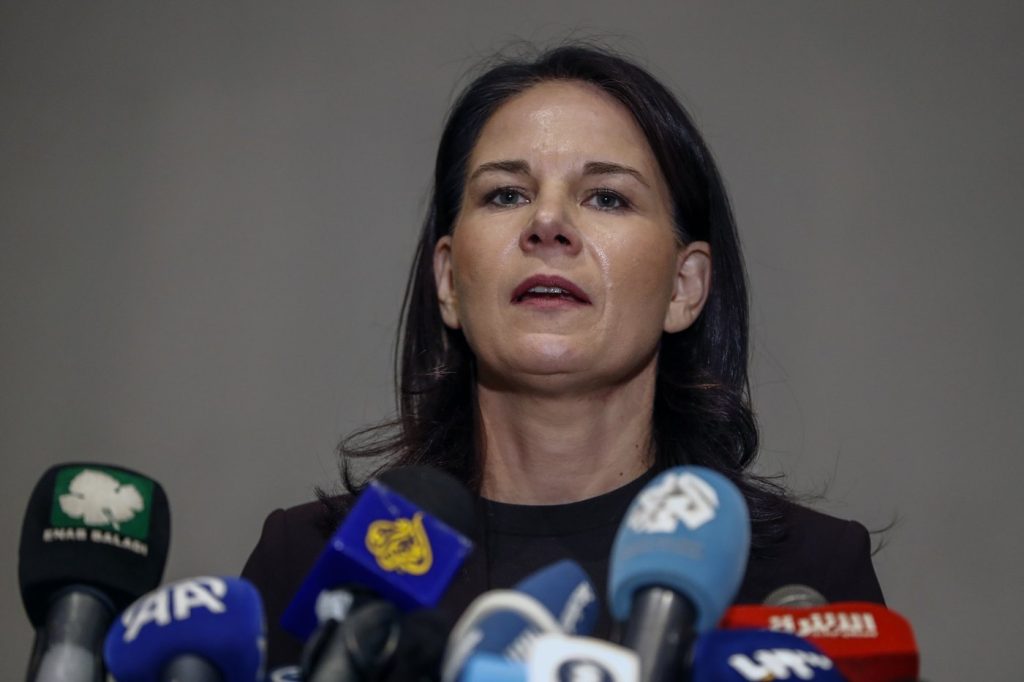BERLIN (AP) — The German government announced on Saturday the temporary closure of its embassy in South Sudan. This decision comes amid escalating tensions and a resurgence of violence in the region, which has been marked by years of fragile peace.
German Foreign Minister Annalena Baerbock conveyed the gravity of the situation through a post on the social media platform Bluesky, stating, “After years of fragile peace, South Sudan is once again on the brink of civil war.” The crisis team within the German Foreign Office has prioritized the safety of its employees, leading to the decision to temporarily vacate the embassy located in the capital city of Juba.
Further commenting on the political landscape, Baerbock emphasized the responsibility of South Sudan’s leaders, President Salva Kiir and Vice President Riek Machar, to take immediate action to halt the ongoing violence. She highlighted the detrimental effect of their rivalry, stating that they are “plunging the country into a spiral of violence” and urged them to implement the existing peace agreement that aims to stabilize the region.
Since gaining independence from Sudan in 2011, South Sudan has faced enduring political instability and conflict. A notable peace deal signed in 2018 between Kiir and Machar sought to alleviate tensions that had escalated into a five-year civil war, claiming more than 400,000 lives. Despite being designated as the first vice president in a unity government, Machar’s political faction openly opposes Kiir’s leadership.
The ongoing rivalry between Kiir and Machar has been widely identified as one of the significant barriers to achieving lasting peace in South Sudan. Kiir is often suspicious of Machar’s ambitions, perceiving him as a potential threat to his power, while Machar has characterized Kiir’s rule as dictatorial. This clash of ambitions and egos continues to undermine stability in the nation, aggravating the humanitarian crisis for its citizens.
As the situation in South Sudan remains precarious, the decision by Germany to close its embassy reflects broader concerns about security and the potential for increased violence in the near future. The international community continues to monitor the developments closely, emphasizing the critical need for effective governance and reconciliation in a country long plagued by conflict.











